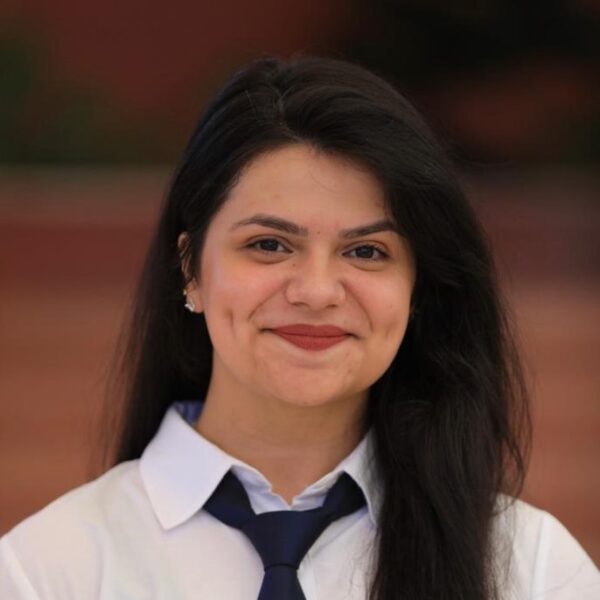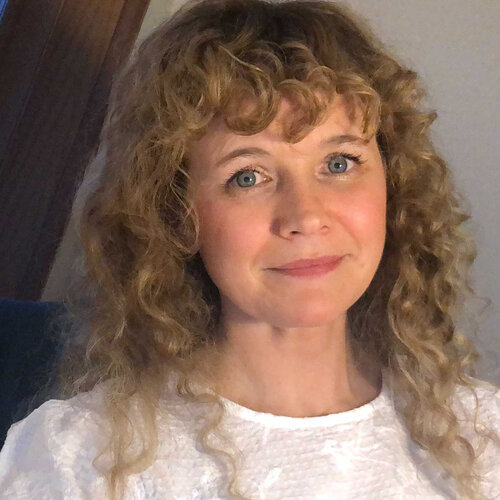
They say misery makes great art. From John Keats’s powerful poems about his struggle with illness and death, to Vincent Van Gogh, who channeled his battle with mental illness into his dramatic and intense paintings, those who suffer can throw their emotions and experiences into artwork that can be particularly powerful and meaningful to the world. The dilemmatic question that comes to mind is: what happens to art when the misery is gone?
Misery as normal
For as long as I can remember, my story alongside every other Palestinian’s has been filled with sorrowful events. Even the cheerful and happy ones are, in some way or another, coated with misery. Whether it’s that girl preparing for her wedding in Gaza, that youth who migrated to secure a better future, or that very old lady sitting on her couch with the key of what once used to be her home — before the Israeli forces dispossessed her out of it — hanging from her necklace. Her hopes of returning to her house diminish as she’s watching the repeated Israeli military attacks on Al-Aqsa Mosque on her TV.
When my eldest sister, Rasha, graduated with her master’s degree from the United Kingdom, my family and I couldn’t be there and witness her achievement due to the traveling restrictions on residents of the Gaza Strip. We had to see it through photos and videos. Yet, I still considered myself and my family lucky that at least one of us made it!
In the meantime, most of her international friends’ families managed to attend because, for them, it was as easy as booking a ticket and getting on the airplane. We had only dreamed of seeing an airplane much less fly in one.
Growing up under miserable circumstances
Since I was born, life has been tainted with agony. Being raised in Gaza, we grew up witnessing destruction, murder, and so many escalations that we became nicknamed “atfal horoob”(children of wars). We even joke around that we graduated with a bachelor’s of war degree, as we have officially survived four Israeli aggressions in addition to numerous attacks.
We got so used to moving on after these Israeli escalations that we started believing it was the norm. We carry our losses, sadness, and grief, and keep moving on with our lives. We go back to work or school with the heavy luggage of emotions on our backs. Because, unfortunately, life must go on.
In May 2021, we faced one of the ugliest and most horrifying Israeli aggressions. The eleven-day attack resulted in 232 Palestinian civilians murdered, including 65 children, over 1,900 injured, and 1,447 housing units in Gaza demolished, leaving behind people who now had no shelter.
I considered myself one of the lucky ones back then. After that escalation, I struggled with survivor’s guilt— a mental response to an event in which someone else experiences loss but you do not. “Why me?” I would ask myself. “Why did I survive when many didn’t?” haunted me for a while. The idea of “at least I made it out alive” made me oblivious to my reality; to how I had spent each night of the eleven saying my goodbyes to my family and friends because death was so close. I considered myself lucky because I didn’t lose someone close to me, didn’t lose my home, or my identity.
And then, life went back to normal — or as normal as it can be.
Misery is part of our daily lives
Sad stories are embodied in our DNA. I grew up listening to the stories of our grandparents and how they were displaced from their homes during the Nakba of 1948 and 1967. I heard about the horrific massacres that happened before I was born, such as the Deir Yassin massacre of 1948, the massacre of Sabra and Shatila of 1982, and many more.
These anecdotes are not just part of our history, but rather a part of our daily lives. We face the brutality of the occupation, whether it is the aggression on Gaza or the dispossession and ethnic cleansing of Palestinians in the West Bank and Jerusalem, such as in the Sheikh Jarrah neighborhood, Silwan neighborhood, and others.
I got so used to these stories, I stopped seeing the bigger picture. The continuous and repeated tragedies that affect almost all Palestinians made me lose perspective that this life is not normal. It is not normal to have an entire family removed from the civil registry because they all died in an Israeli bombing. It is not normal to be denied your childhood because you were locked up in an Israeli prison since you were thirteen for a crime you didn’t commit, like Ahmed Manasra. It is not normal to be traumatized by the sound of a shutting door because it reminds you of the sound of bombing, and it is not normal to lose your five-year-old son, such as Tamim Dawood, because his heart couldn’t handle the sound of F-16s dropping bombs on his neighbors.
What will happen if the misery lifts?

I am struggling with the fear of losing the inspiration to write if, inshallah, the Palestinian reality changes for the better. As a human who has lived her life in constant terror, I derive my writing passion from the ongoing struggle to fight for my basic fundamental human rights.
So, the question remains, will I be able to derive happy stories that do not come from Palestinian misery? Will we ever write cheerful stories? Ones that only talk about happiness and success? Ones where people are genuinely happy without mentioning the “in spite of” in the middle of it? Will I ever write a story about a mother enjoying her son’s wedding without noting that it happened despite the Israeli forces recently demolishing their home before their eyes?
I can only hope that there will come a day when we, Palestinians, no longer have to ask these questions, because we are no longer miserable. We will learn for ourselves whether there is a trade-off in terms of creativity, and if it is worth it.










